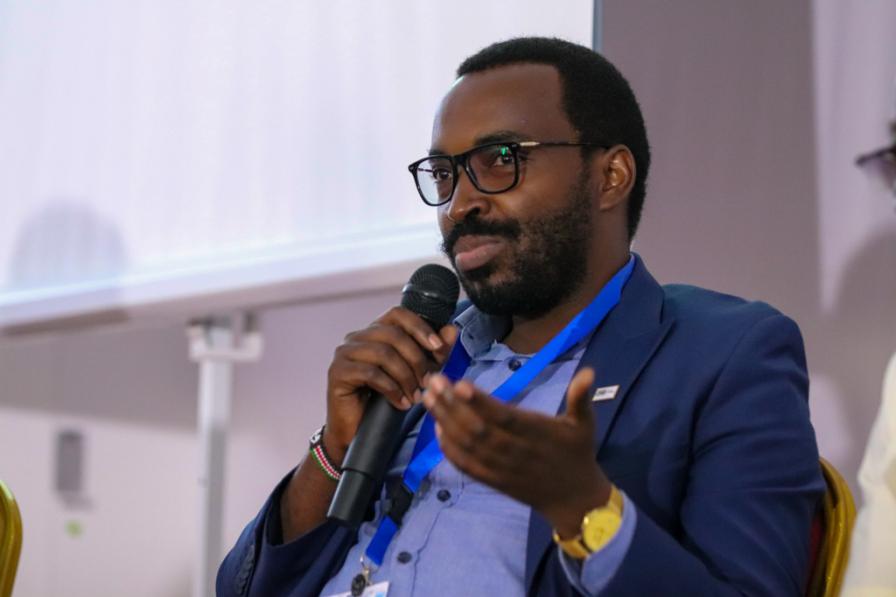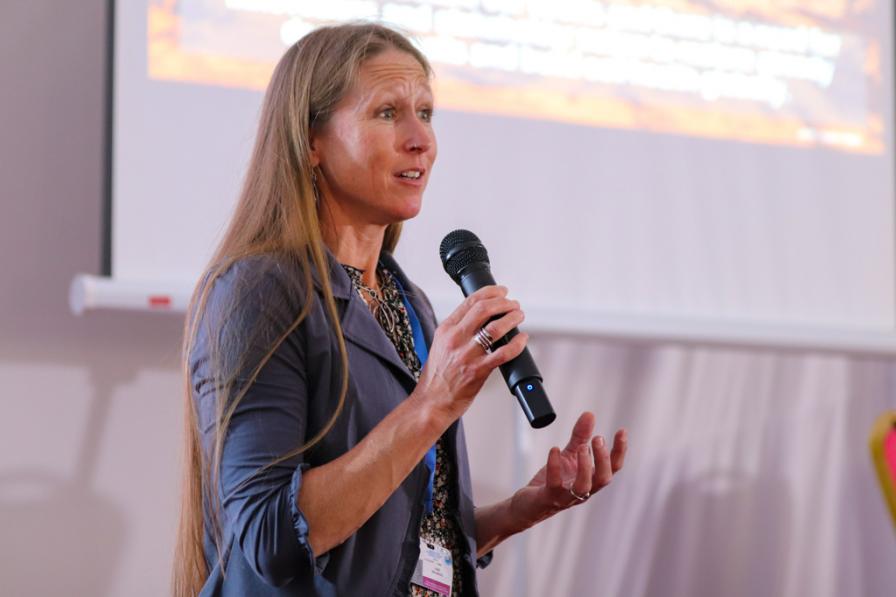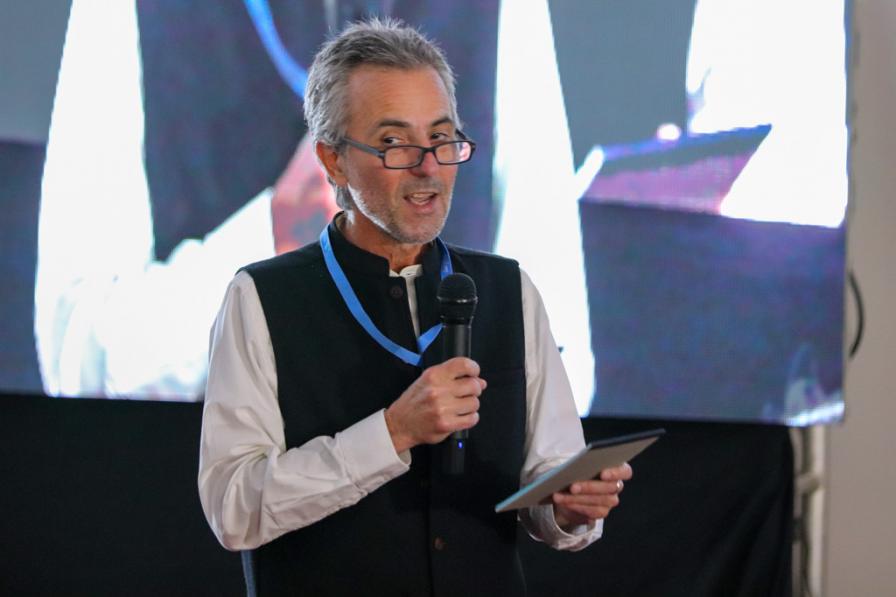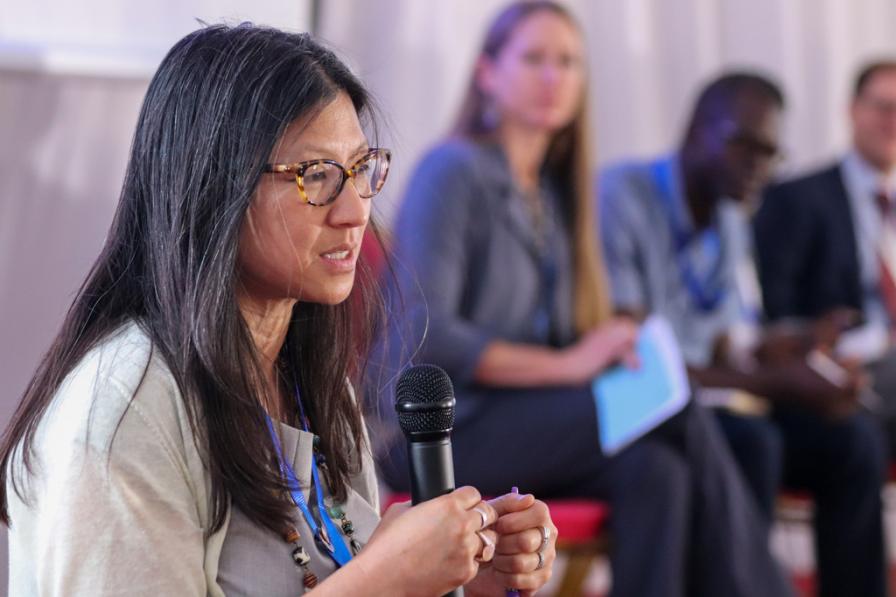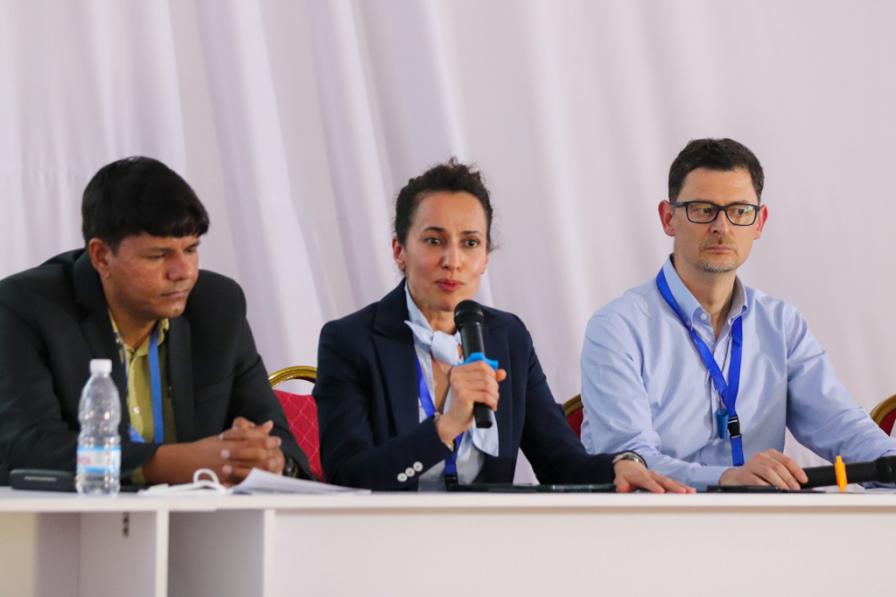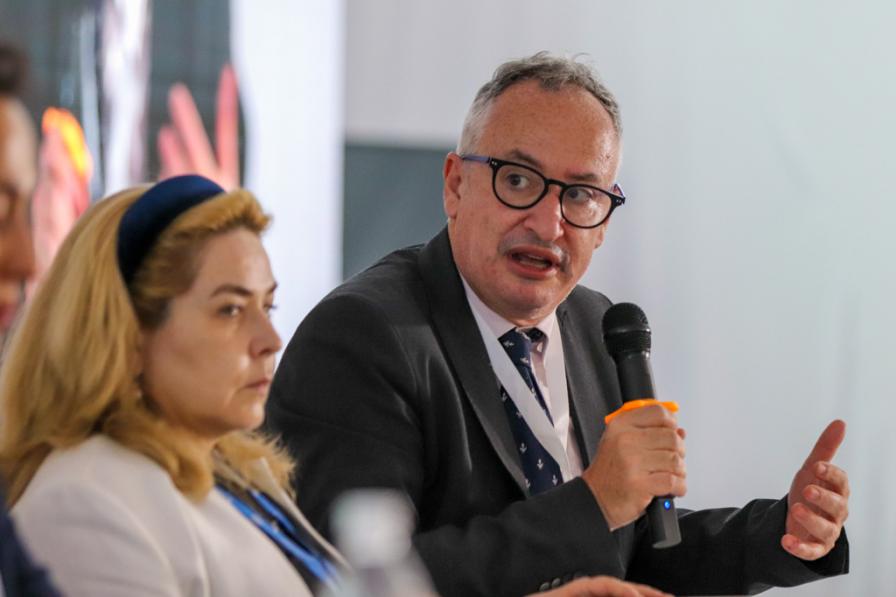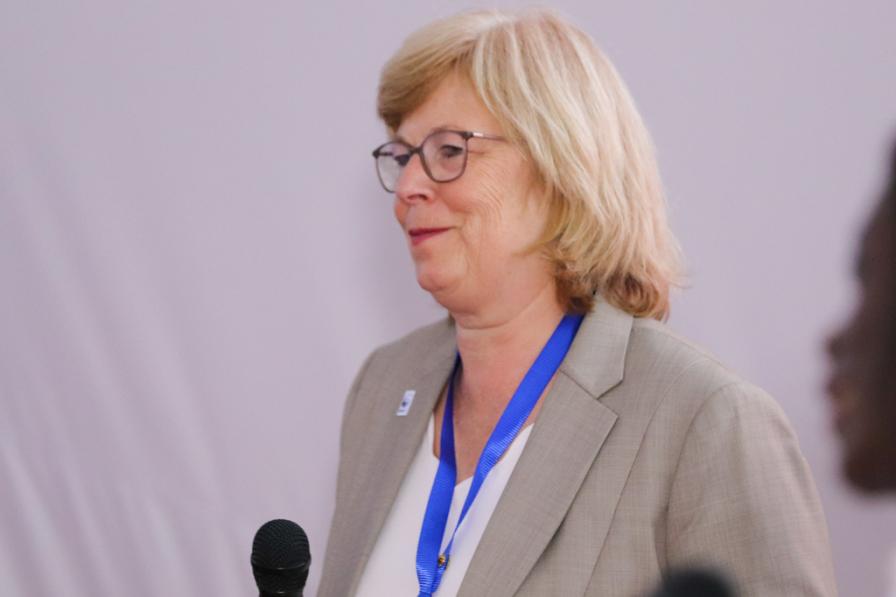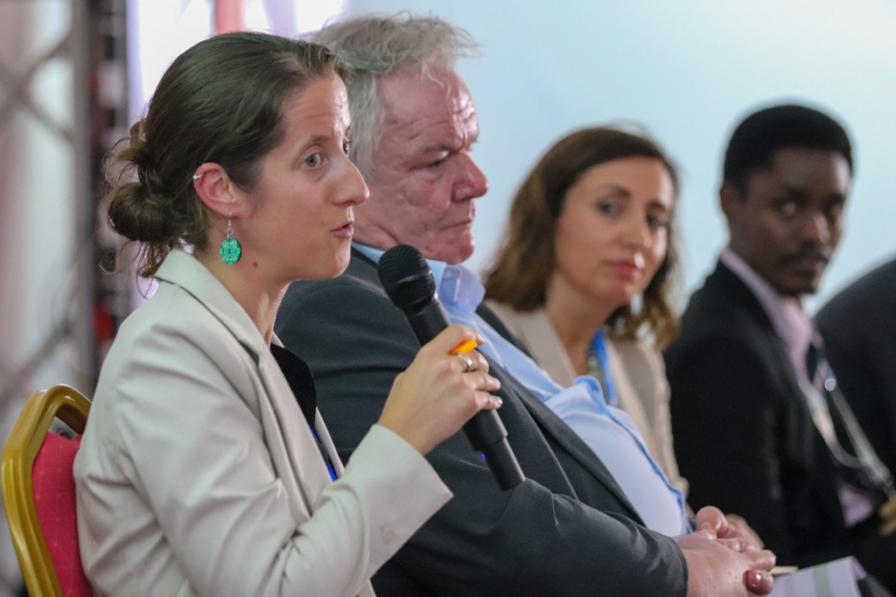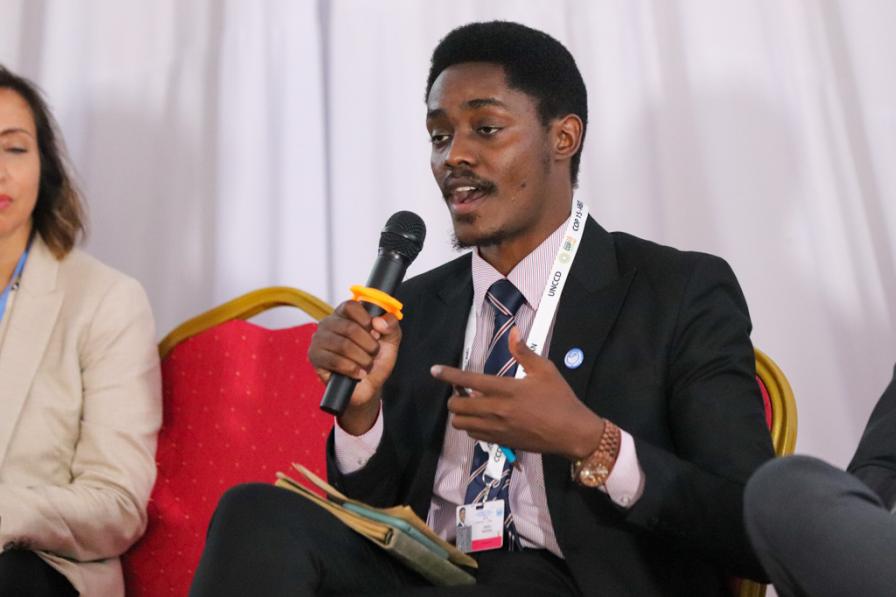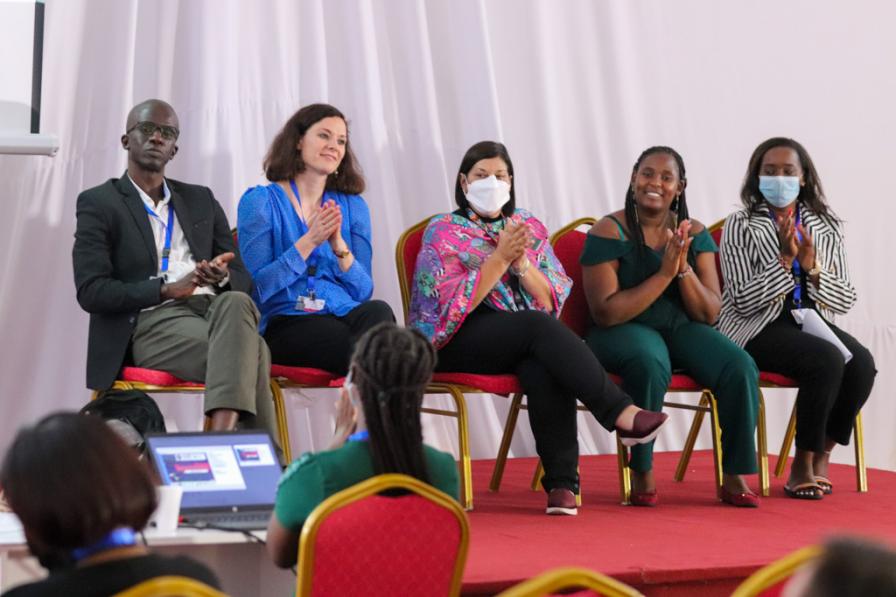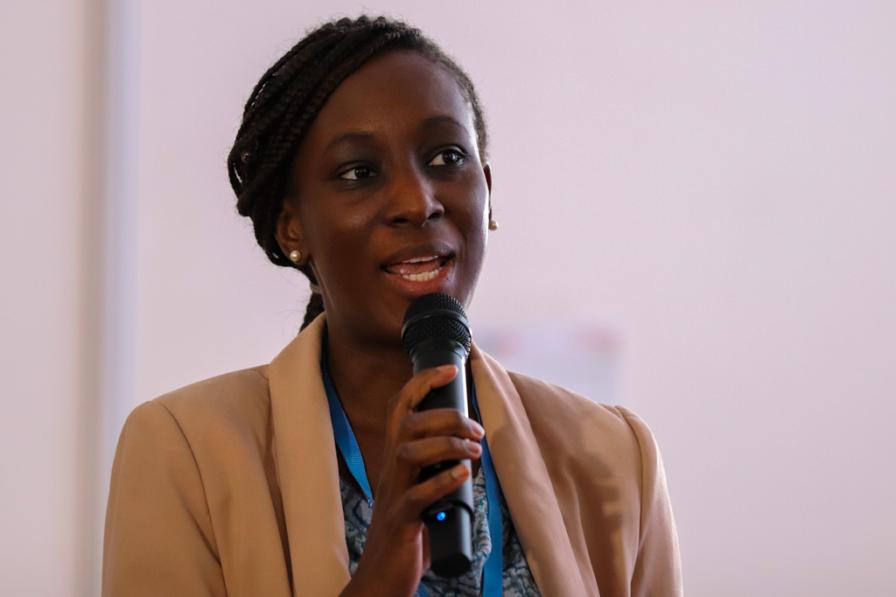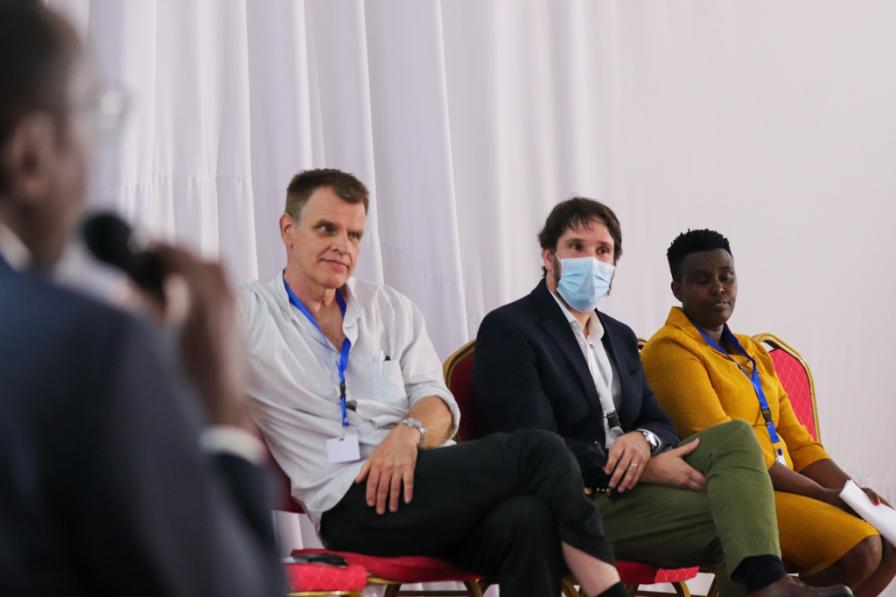Many of today’s global challenges are related to the food system, particularly the way land is used and managed to produce food. For example, while rapid decarbonization of all sectors is needed, certain parts of the food system are still not included in climate negotiations and policy.
To ensure healthy and nutritious diets within planetary boundaries, we must halt the conversion of nature, limit food production to existing farmland, and keep temperature rise below 1.5°C. Restoring degraded ecosystems can deliver multiple benefits, particularly by restoring degraded farmland for nature-positive food production. However, approximately 52% of farmland is degraded and underperforming. Thus, restoration implementation must be urgently scaled up, by setting the right enabling conditions and incentives and returning this land to nature-positive food production.
Within this context, the third day of the Rio Conventions Pavilion at the 15th meeting of the Conference of the Parties (COP 15) to the UN Convention to Combat Desertification (UNCCD) brought stakeholders together for Food Day: Seeds of Change for a Nature-Positive Future. The day's sessions sought to:
- encourage stakeholders to include food systems approaches in implementing the three Rio Conventions—the UNCCD, the UN Framework Convention on Climate Change (UNFCCC), and the UN Convention on Biological Diversity (CBD);
- build momentum for transforming food systems in the context of the Rio Conventions and harness synergies in their implementation;
- raise awareness on and gain support for adopting a holistic approach to promote solutions that consider all dimensions of sustainable development, simultaneously addressing the environment, agriculture, nutrition, and health;
- link UNCCD goals to the transformation of food systems; and
- discuss challenges and opportunities related to improving soil health, scaling up restoration of degraded land, strengthening land tenure, promoting agrobiodiversity, mainstreaming sustainable diets, empowering women and youth, and transforming food systems focusing on UNCCD goals.
To meet these objectives, the event emphasized recommendations detailed in the UNCCD report on LDN for Sustainable Agriculture and Food Security, particularly with respect to: cross-cutting policy responses spanning multiple global agreements; interdependence of food system demand-side drivers and supply chains; and capacity to deliver a coherent suite of on-the-ground actions, including finance.
The event included a high-level opening session on the importance of food systems transformation to achieve Rio Convention objectives, as well as sessions on:
- land tenure rights for food security, climate resilience, and ecosystem restoration;
- building resilient food systems for increased food and nutrition security;
- agrobiodiversity;
- food systems transformation and ways to strengthen implementation of the Rio Conventions;
- the impact of women and Indigenous groups on food systems transformation; and
- shifting consumption and diets for healthy people and a healthy planet.
The event, which took place on 12 May, was co-organized by the UNCCD, WWF, the Consultative Group on International Agricultural Research, the Committee on World Food Security, the Food and Agriculture Organization of the UN (FAO), the Center for International Forestry Research-World Agroforestry Center (CIFOR-ICRAF), TMG Think Tank, the UN Environment Programme, the Inter-American Institute for Cooperation on Agriculture, and the One Planet Network.
The Rio Conventions Pavilion is taking place from 10-18 May on the sidelines of UNCCD COP 15 in Abidjan, Côte d’Ivoire.
All ENB photos are free to use with attribution. For Rio Convention Pavilion events during UNCCD COP15, please use: Photo by IISD/ENB | Matthew TenBruggencate.
To receive free coverage of global environmental events delivered to your inbox, subscribe to the ENB Update newsletter.
Select photos
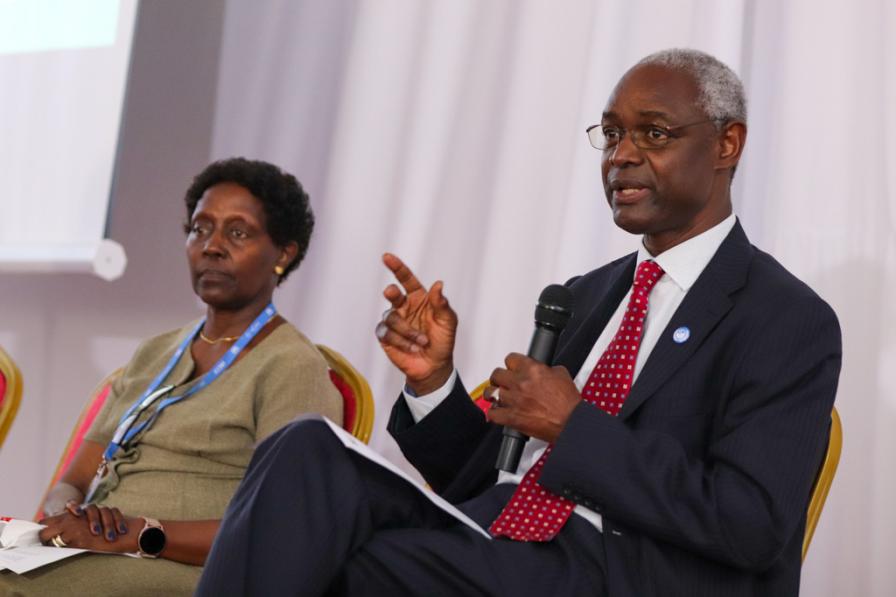
"We really need to rethink the way we produce and the way we consume." UNCCD Executive Secretary Ibrahim Thiaw and CBD Executive Secretary Elizabeth Maruma Mrema open Food Day at the Rio Conventions Pavilion.
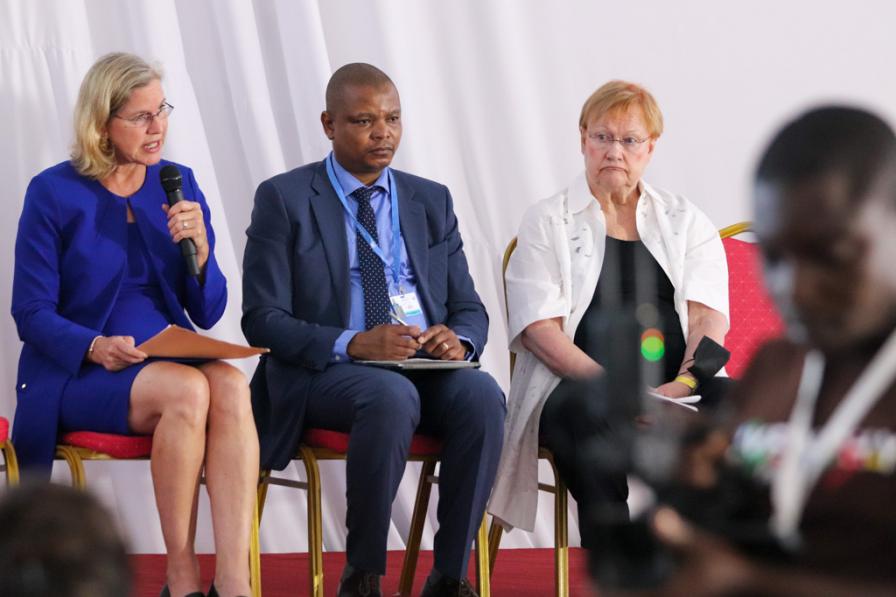
Susan Gardner, UNEP; Motsomi Maletjane, UNFCCC; Tarja Halonen, UNCCD Land Ambassador and former President of Finland
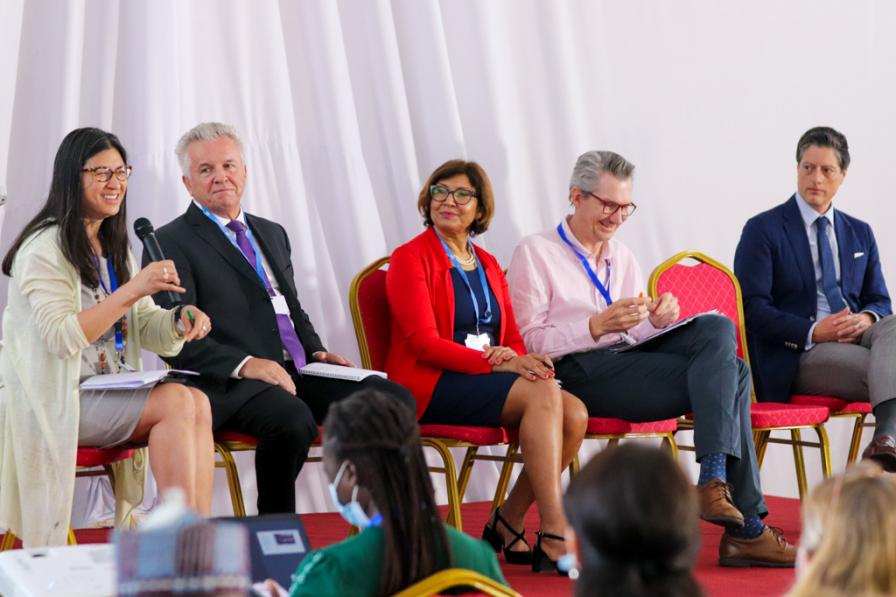
Melisa Ho, WWF US; Tony Simons, CIFOR-ICRAF; Maria Helena Semedo, FAO; Juan Lucas Restrepo, CGIAR; Jorge Laguna Celis, One Planet Network
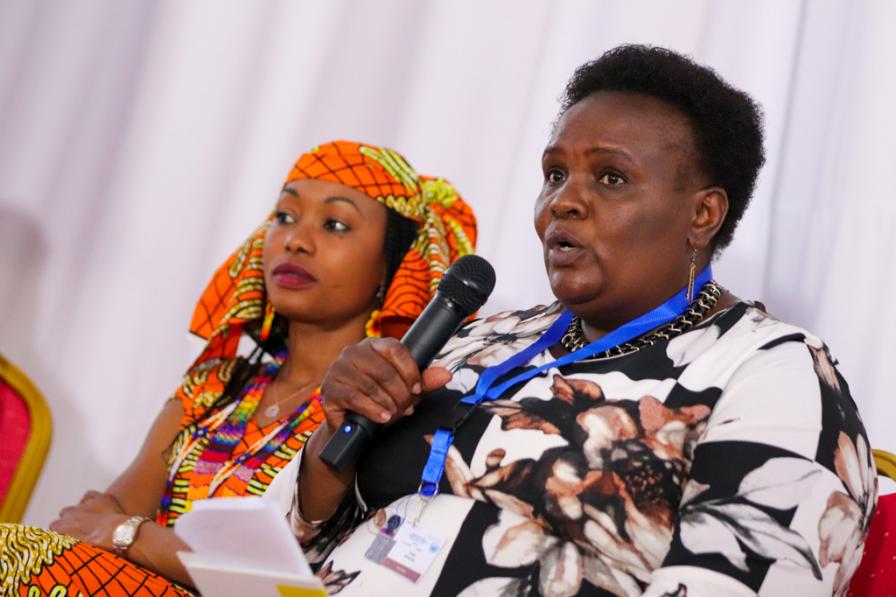
Hindou Oumarou Ibrahim, l’Association des femmes peules et peuples autochtones du Tchad, and Violet Shivutse, Shibuye Community Workers, Kenya
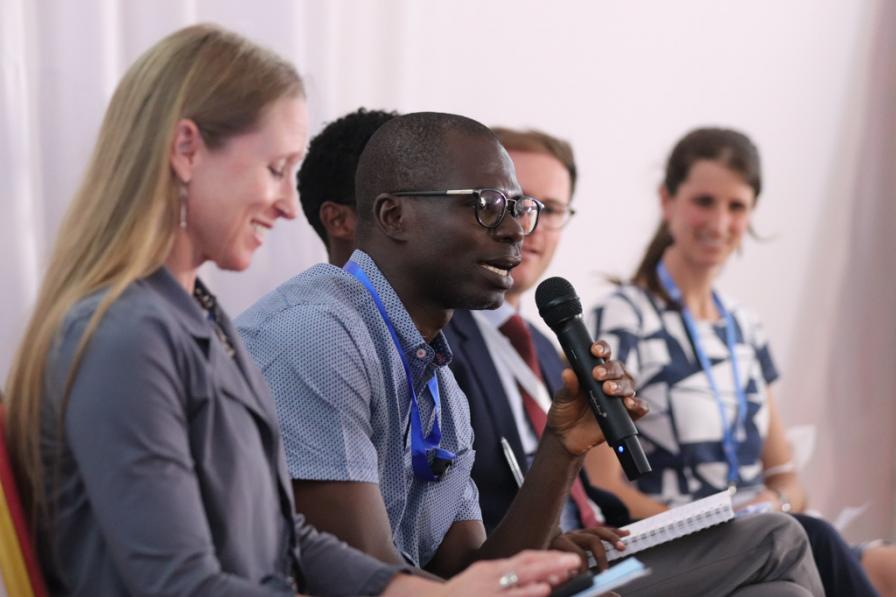
Lucien Diby, National Institute of Technology, Yamoussoukro, Côte d'Ivoire, answers an audience question.
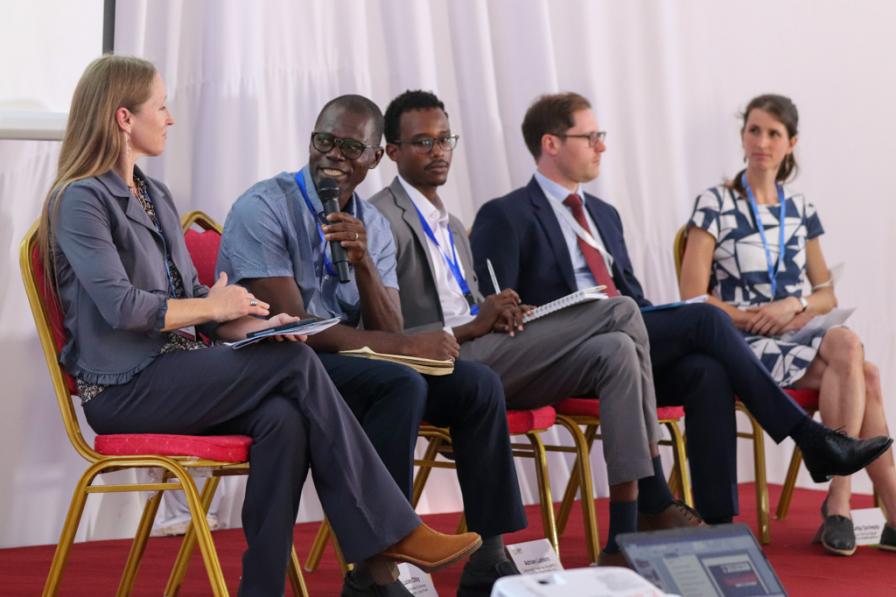
Leigh Winowiecki, ICRAF-CIFOR; Lucien Diby, National Institute of Technology, Yamoussoukro, Côte d'Ivoire; Adrian Leitoro, GLF Restoration Steward; James Smith, WBCSD; Claudia Schepp, 4p1000



